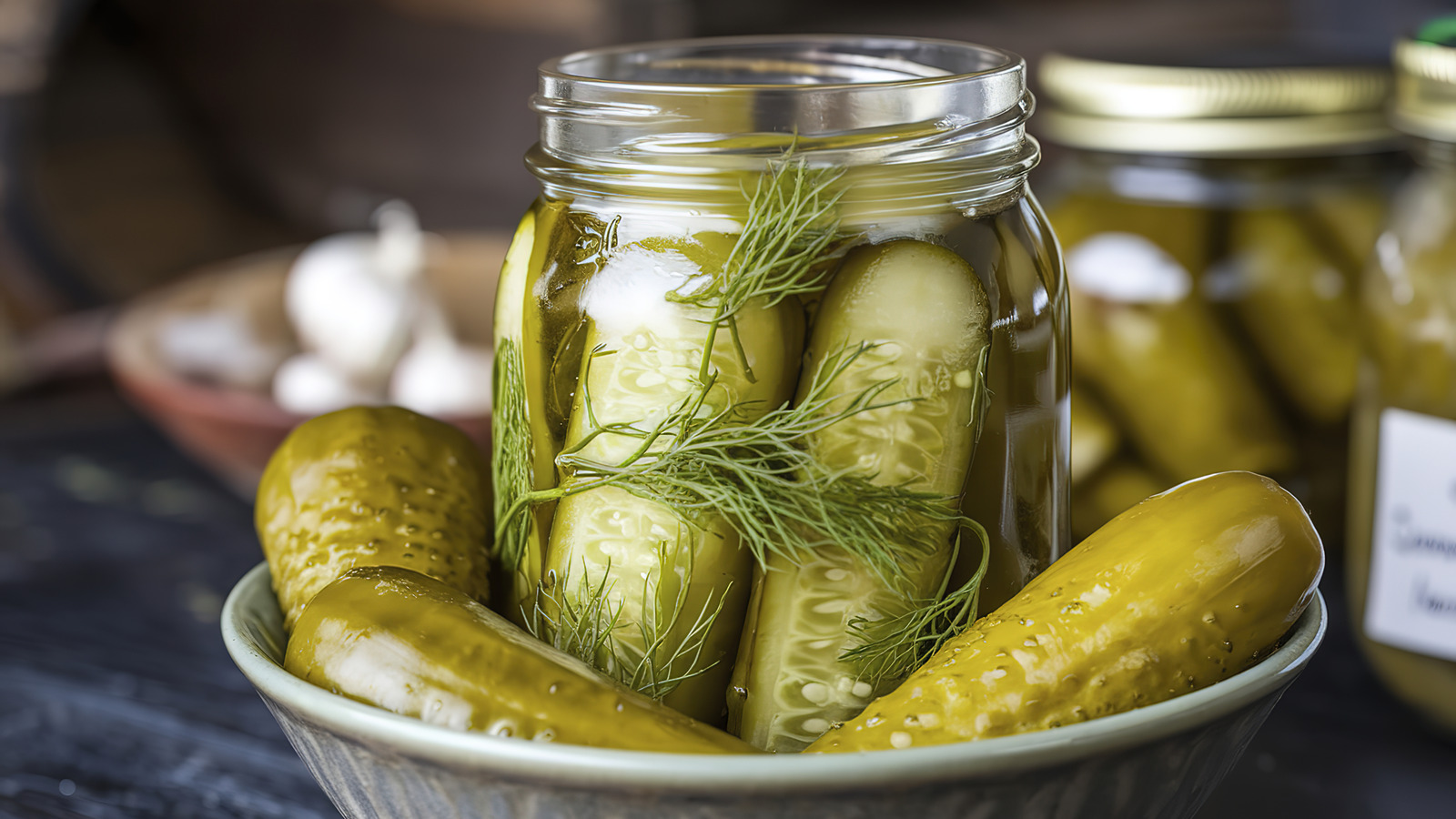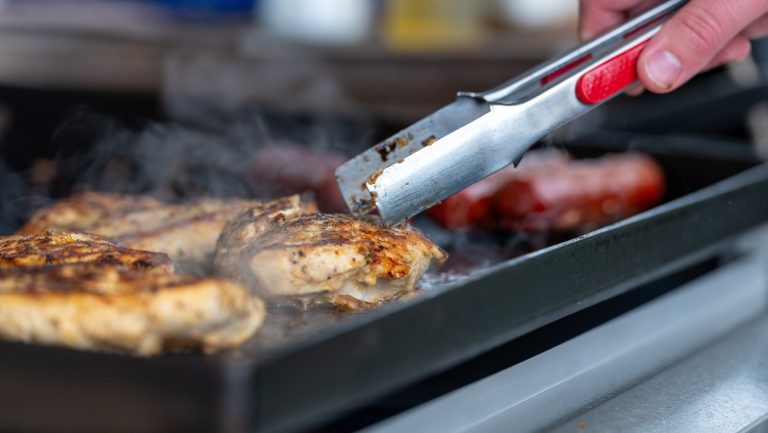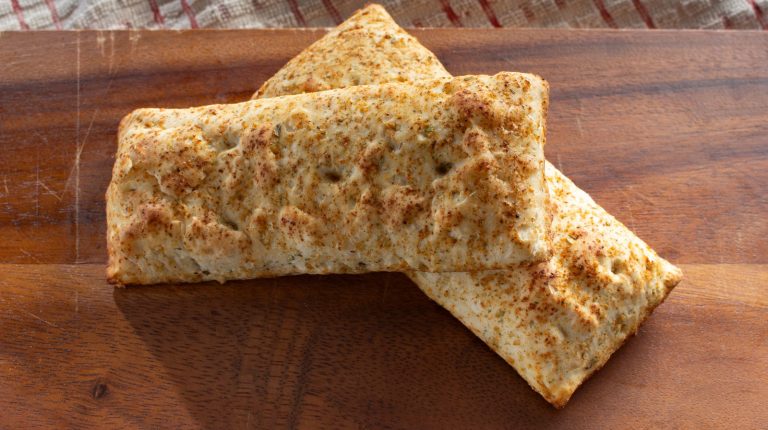Whether you like them sweet or spicy, tangy or riddled with umami, there’s a pickle variety for everyone. Even if you’re not a fan, chances are that there’s still a jar of pickles nestled somewhere in your fridge to appease the pickle people in your life who just can’t get enough of garlicky gherkins, herby dill spears, bread and butter chips, or otherwise. In either case, it’s worth remembering that pickles, like many other foods, will eventually go bad. The good news, however, is that when opened jars are kept in the fridge, spoilage isn’t likely to happen for at least a few months.
Abiding by the expiration date listed on the jar can prove helpful when determining the shelf life of pickles. But this date usually sheds light on how long tart and tangy spears will last prior to opening. As soon as the lid has been removed and spears have been plucked from their brine, “best before” dates are no longer as reliable due to a range of external factors that affect the pickle experience, prompting bacterial growth and impacting quality. While the acidic brine does help preserve pickles for longer, the USDA reports that opened jars will only keep for about 3 months in the fridge before they begin to experience signs of degradation. That said, this timeline applies to jars of store-bought pickles as well as (correctly) canned pickles, rather than unpasteurized or quick pickles that keep for a fraction of that time.
How to know if pickles have passed their prime
Although jars can last months, this is only true if pickles are stored the right way. To ward off spoilage and keep pickles crisp and flavorful, they must be kept in the fridge, ideally in the side door or stacked on a slightly cooler upper shelf. Of course, knowing how to store pickles is just as essential as knowing where to keep them. This is why we recommend keeping pickles submerged in their acidic brine and tightly sealing jars to preserve quality and prevent spoilage. Refraining from sticking dirty utensils and fingers into a jar can limit bacterial growth, too.
When deciphering whether the sweet pickles or crunchy cornichons that have been resting idle in your fridge have gone bad, appearance is everything. Spoiled spears will boast some discoloration, potentially, mold, along with a murky brine. In fact, a brine that bubbles and fizzes is also a sign that pickles shouldn’t be consumed, much like jars that have begun to bulge. But even funky and foul aromas indicate spoilage. Should you notice any of these changes, toss the pickle and open up a new jar.
At the end of the day, while pickles have the potential to keep for up to three months, they’re best at their freshest. Instead of letting open jars linger in the fridge for long, put pickles (and brine) to use as a snack, garnish, or an ingredient in anything from relishes to cocktails.






